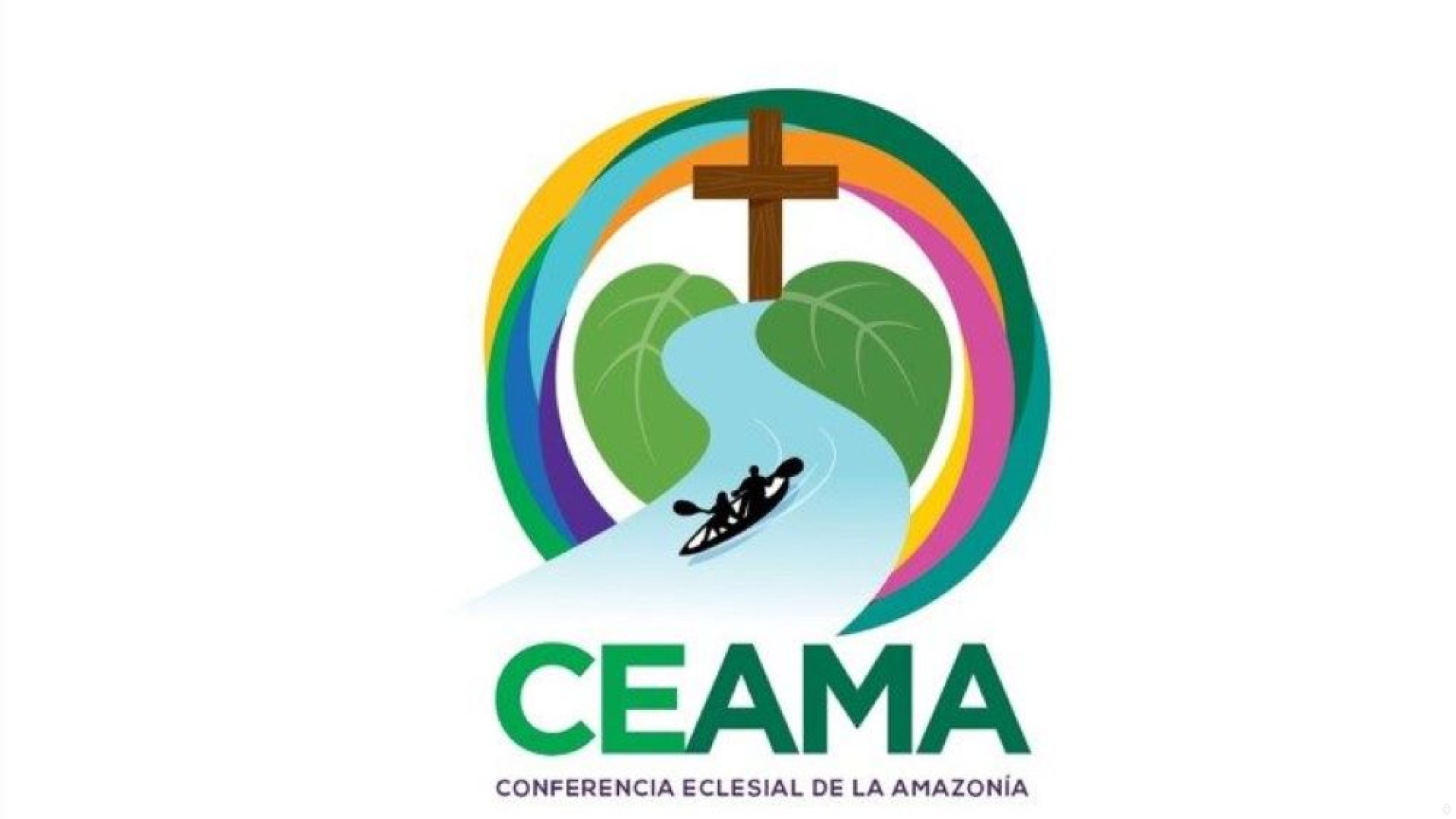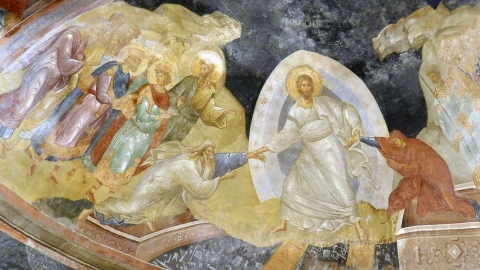Pope Francis Creates the Amazon Ecclesial Conference

Pope Francis instituted the Ecclesial Conference of the Amazon (CEAMA) on October 9, 2021. The purpose of this structure is to “promote a common pastoral action” of the dioceses of the South American river basin and to “promote a greater inculturation of the faith.”
The creation of this conference was enshrined in the Final Document of the Synod on the Amazon. No. 115 had proposed the creation of a “permanent and representative Bishop’s organism that promotes synodality in the Amazon region.”
The Conference of Bishops of Latin America (CELAM) on October 16 created CEAMA. It should be noted that this new body is not an episcopal conference, but an ecclesial conference: it brings together all the entities dependent on the Church in the Amazon basin, and not just the dioceses.
The First Ecclesial Assembly for Latin America and the Caribbean
What does this new structure, which is closely interwoven with CELAM, have in store for the Church? A small idea can be taken from the recent “Narrative Synthesis” published on September 21.
This is a conclusion, albeit unofficial according to the presenters, of five months of “listening to the people of God” through responses and contributions via the CELAM “Synodal Assembly” page.
The “propositions” seem not only to have been developed by certain ideological minority groups, well established in the structures of ecclesial power, but also selected for a very specific purpose: “the process of conversion of the Church” (p. 1).
This document is just a cut-and-paste of individual proposals, theologically disorganized, without much method or logic, which, however, “matches what the people have put forward.”
But, it “relates to the Synod of the universal Church on synodality, in which we will share the many fruits of this experience as an ecclesial Assembly which continues on its way” (p. 2).
It is edifying to consider some of the texts proposed by the “holy people of God… who are infallible in credendo [in matters of belief]” (Opening Message), several of them being titled (sic) as “pearls” of the “voice of the people of God.”
Liberation Theology
“Promote liberation theology, liberator; which allows us to relate effectively to the liberating project of Jesus; that allows us to recognize structures of power and oppression; which facilitates encounter and dialogue and which promotes gestures and attitudes of hope in order to live a living ecclesial ministry. "
“Go back to basics, as Pope Francis invites us, and resume his initial commitment to leave everything to serve and make Jesus known. Let there be a preference for the poor and the fragile on our continent. Go back to Aparecida's message and resume liberation theology without fear of censorship, with the certainty that we are on the right path” (p. 25).
Global and Marxist Education
“Let’s keep dreaming of the global education pact, because education is the gateway to better days in society. We firmly believe that access to education is a right, hence the need for a “Global Pact for Education.” A liberating education is the path to a society in which every citizen is a subject (active citizenship)” (p. 48).
The Protestant World
“The Catholic Church does not consider Protestant churches to be a danger to the faith, but rather as different ways of believing in God.... Pastors and faithful Protestants are more enthusiastic and active” (p. 86).
The Priesthood and Diaconate
“The voiceless presence and participation of women in the Church: Their presence and participation is recognized… but often in a passive, submissive, and voiceless manner in ecclesial decision-making bodies.
“The formation and recognition of the women’s ministry is necessary in an emerging Church, including the female diaconate” (p. 95).
“Calling for changes in canon law and the structure of the Church to allow women to assume ecclesial ministries/reflect seriously and open the possibility of ordained ministries (diaconate, priestly ministry)” (p. 97).
“There is not only a need for women deacons, but they are a reality. A synodal Church deserves women deacons” (p. 189)
Married Priests
“That a department of pastoral action be promoted in episcopal conferences and in CELAM for the accompaniment, attention, and constant dialogue with married priests” (p. 189).
“That a study commission be promoted at the professional level, starting from the human, psychological, philosophical, and theological dimension, to shed light on optional celibacy, presenting a new dimension of priestly ministry in accordance with current reality.”
“That the experience of married priests in the domestic, pastoral, priestly, professional, business, work, and educational Christian life be taken into account in order to contribute to the growth of diocesan and parish life”(p. 123)
Acceptance of Homosexuality
“Homosexuality in the clergy has silently disguised itself as observance of celibacy.…The reduction of Christianity to sacramental events administered by the clerical caste has condemned the great majority of believers to a passive role…for example, the discourses of the Church on sexual morality no longer have any impact on the life of believers”(p. 124).
“Sorrow for the Church’s indifference to the issue of sexual diversity. It is the pain of LGTBIQ + people who feel rejected by the Church because of their sexual orientation. From some pulpits, there are priests who repeat and reiterate the rejection of sexual diversity.”
“Sorrow and disappointment at these Catholic schools, institutions that do not welcome with respect, active tolerance and inclusion, the sexual orientation of their sons and daughters. Disappointment that after five years of Amoris Laetitia, hardly any progress has been made, especially in the education of the clergy and the hierarchy on sexual diversity.”
Evangelism
“Let us allow ourselves to be evangelized by the peoples where the seeds of the Kingdom which is being built on earth are to be found, in a given time and space”(p.118).
“The Church must listen to ancestral wisdom, recognize the values present in the way of life of the original Communities” (p.119),
(Sources : InfoCatolica/cath.ch/quenotelacuenten – FSSPX.Actualités)





